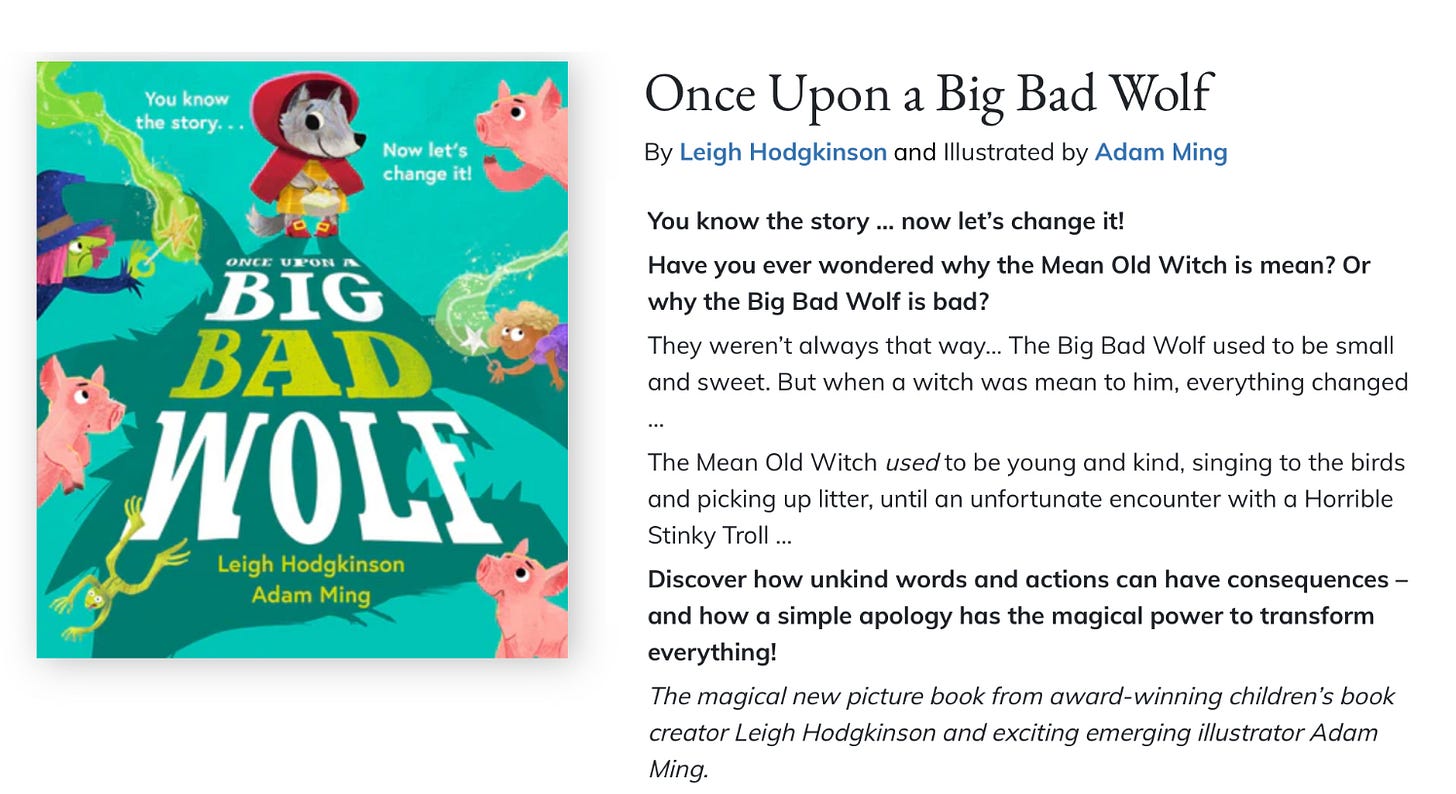0006: Is Skill Decay Real?Can you really forget your craft?
Maintain your artistic flow, even after a break
Stuff just goes away
"You forget how to do it," Adam Sandler confessed on Joe Rogan's podcast, discussing the challenge of returning to stand-up comedy after a break. Rogan agreed, noting how "stuff just goes away" when you're not regularly on stage.
I love listening to and reading about Stand Up Comedians talk about their craft.
It gives me words and analogies to think about illustrations. Recently Adam Sandler was on Joe Rogan’s podcast. And one bit that struck me was that when they talked about how their skill goes away and needs to be rebuilt every time they take a break.
Closer to home, I’ve heard cartoonist say “I wouldn’t dare stop for a day because I’m afraid they would forget how to draw.”1
It seems that even if you develop a routine well, you’re always a short break away from losing it. Now is this a psychological thing, a confidence thing or does it have more substance.
I did some digging and found this.
A comprehensive review by the U.S. Army Research Institute revealed that cognitive and decision-making skills tend to decay more rapidly than physical skills when not regularly practiced.2
That’s because we store our skills in neuro-pathways, and these pathways do weaken when not in use! 3
When it’s going well
The business of illustration is a complex skill, when I’m at my best, it’s like a well rehearsed comedy routine.
I know just how much time I need to spend sketching, I know all the transitions to the different bits of illustration. I Remember to document the good bits to post on social media and to check in with clients. But if I put things down for too long it’s like relearning everything from scratch!
So how can we maintain and hedge against Skill Decay?
Here are 3 ideas:
Write a Substack: Writing this Substack daily, has created a record of the skill, experiences and thinking I have as an illustrator. The act of writing solidifies the skill. And even if you’re not illustrating, writing about it keeps the skills fresh.
Document your work: Documenting bits for social media is a great way to stay top of mind but also a great way to remember how to do a thing, like I once forgot which nib pen I used to do an ink drawing but a video documenting to process cleared that up!
Build a Ten Minute Routine: Compress some aspect of your practice into a ten minute routine, for me it’s drawing a daily journal comic. But it could be a daily sketching habit, or even a journaling habit focused on the craft, the trick is to keep those neuro-pathways engaged
Do you lose skill when you don’t practice? Do you have ways to counteract skill decay?
I got to illustrate all the classic fairytales in this book about empathy and being in another’s shoes!
Want more?
Home | Chat | Sketchbook Prompts | Illustration Career Growth | UGLY WORK | About
Scott Adams, is the cartoonist who draws everyday even on holiday that’s a 15000 day streak.
https://www.govinfo.gov/content/pkg/GOVPUB-D101-PURL-gpo109215/pdf/GOVPUB-D101-PURL-gpo109215.pdf
In neuroanatomy, a neural pathway is the connection formed by axons that project from neurons to make synapses onto neurons in another location, to enable neurotransmission (the sending of a signal from one region of the nervous system to another).








Love this, Adam.
Thanks Lilla! The last point is similar to the story you once told about how sometimes when it looks like you're lying on the couch, you're actually working! As long as the brain is working, you're working!